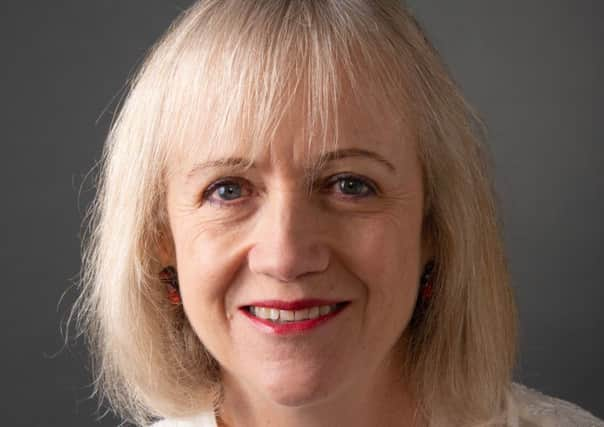Discover the truth about the 1960s at this year’s Charleston Festival


Sex, drugs, freedom and the Beatles. An era full of promise, when you could do absolutely anything you wanted.
The Pill meant you could try before you buy, without fear of getting pregnant. You could dress how you wanted, smoke and drink as much as you liked, and could break through the class barriers which had dominated British life.
Advertisement
Hide AdAdvertisement
Hide AdSounds too good to be true? In her new book – How Was It For You? – social historian Virginia Nicholson puts a magnifying glass to the turbulent ’60s, and reveals the reality of those times. Yes, it was fun, but there was another side to this seemingly glamorous and brave new world and she will be discussing the highs and lows with veteran broadcaster Joan Bakewell at the Charleston Festival on Friday, May 17.
Virginia put in two years of meticulous research before starting to write her book. In that time she interviewed more than 40 women from all walks of life. As a former documentary-maker for television, she is well versed in the art of research.
“By and large I tried to speak to the non-famous,” Virginia says. “I wanted a more rounded story.”
But she couldn’t avoid them entirely – especially if they were Beatle wives, like Cynthia Lennon and Pattie Boyd. She was also keen to track down some of the original bunny girls, products of the newly opened Playboy Club, who found themselves anything but emancipated women.
Advertisement
Hide AdAdvertisement
Hide Ad“They were,” writes Virginia, “pets in a petting zoo. Not people.” These days most are living quietly in genteel suburbia, or running respectable bed and breakfast establishments in picture postcard country cottages.
Virginia Nicholson met so many memorable women, but one whose story stands out in particular is Margaret Hogg, whose baby David was a victim of the thalidomide drug. Margaret demonstrated a quiet courage that puts the noisy, self-satisfied world of the ’60s in its place.
For Margaret, who left school at the age of 15, the fight for justice began with the birth of her son. Swamped by red tape and let down by inadequate support systems, Margaret fought on.
She became a trustee of the Thalidomide Society, and then became its vice-chair and chair. She overcame her fear of public speaking to address a packed meeting at the Wellcome Trust in London about her son and his condition. Later she enrolled on a college course in Women and Health.
Advertisement
Hide AdAdvertisement
Hide AdJust as thalidomide is one side of the coin, so too is the tragedy of homelessness, of botched abortions, which often led to death, and the reality of relationships between men and women in which the Pill, rather than freeing women, often forced them into having sex against their will.
The ’60s was a turning point for the publishing world, with the Lady Chatterley trial and another for the government of the day with the Profumo scandal and the rise to dizzy heights of two previously unknown young women who were to become household names – Christine Keeler and Mandy Rice-Davies.
So the ’60s, as Virginia Nicholson sets out in razor-sharp detail, was not all fun, glamour, rock and roll. But it did pave the way to the Women’s Liberation Movement, although it was a long time coming.
Virginia was 15 when the ’60s ended. Does she regret not being a part of it all?
Advertisement
Hide AdAdvertisement
Hide Ad“It’s rather like looking through a window at a party to which you weren’t invited,” she says. “There are a lot of things I envy, but a lot that I don’t, including the sexism and workplace harassment.”
How Was It For You? with Virginia Nicholson and Joan Bakewell is at Charleston on Friday, May 17, at 5.30pm. Tickets cost £18 and are available via charleston.org.uk/festival or by calling 01323 815150. Visit the website for the full programme.
There is a shuttle bus to and from every event from Lewes railway station.